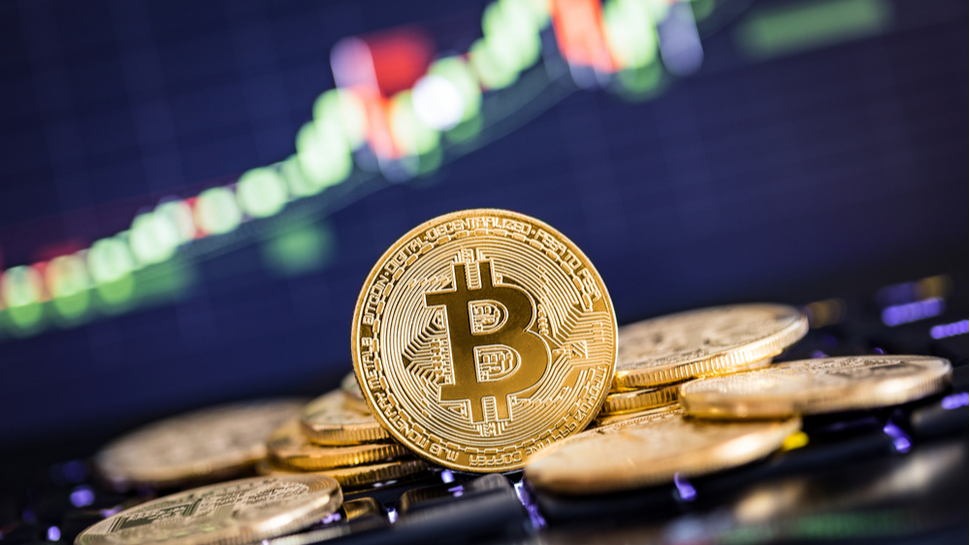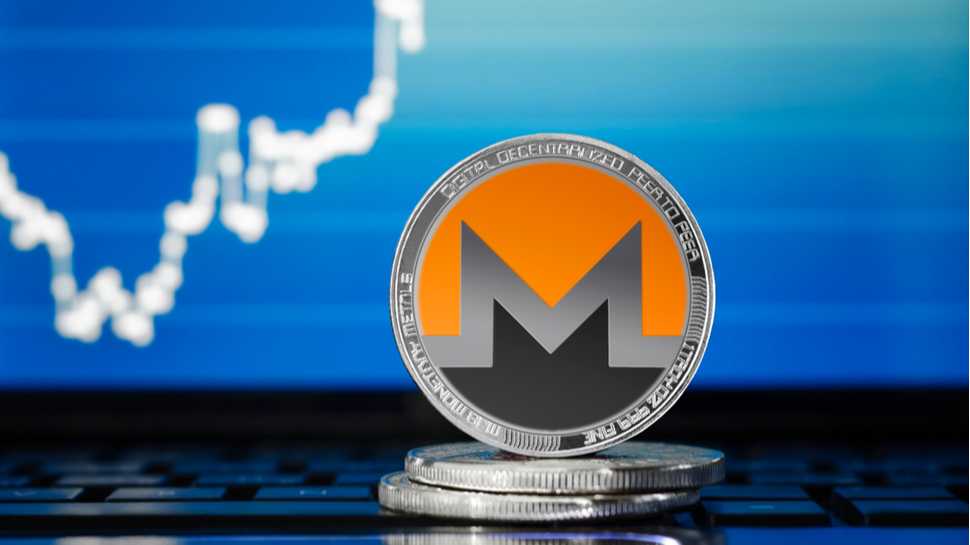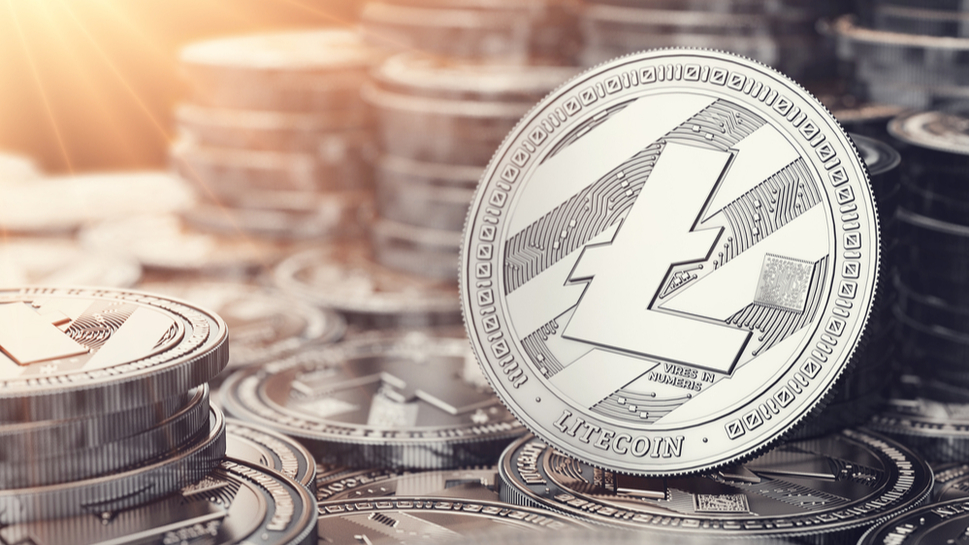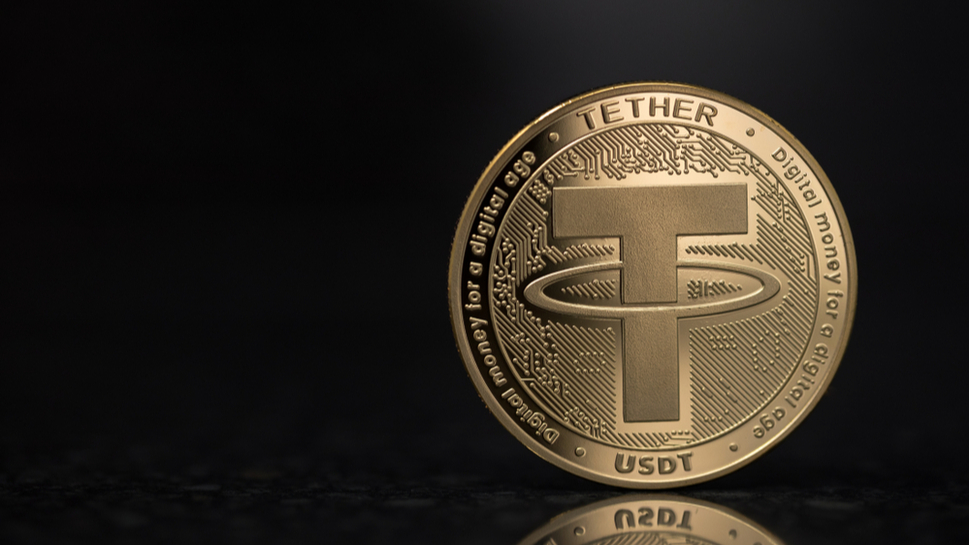Picking out the single best cryptocurrency is an impossible task, in part due to the volume of available coins, but also because it depends on what you want to use crypto for.
Someone that wants to purchase cryptocurrency as an investment, for example, will have different priorities than someone who wants to use it to make payments. Others, meanwhile, might just want to pick up a small amount to see what all the fuss is about.
Broadly speaking, selecting the best cryptocurrency for you will be about optimizing for privacy, utility or speed.
Before selecting a cryptocurrency to purchase, however, you’ll want to pick out the best wallet for storing your digital wealth and identify the best crypto exchange for your purposes.
It’s also important to remember that cryptocurrency is a particularly volatile asset class, prone to huge swings in value. For anyone purchasing cryptocurrency for the first time, a sensible rule is never to invest more than you can afford to lose.
- Also check out our lists of the best mining rigs and best mining GPUs right now
Best cryptocurrencies in 2021

Bitcoin (BTC) is the world’s first, most famous and most valuable cryptocurrency. It first emerged in 2008 when a person or group known by the pseudonym “Satoshi Nakamoto” published a whitepaper entitled Bitcoin: A peer-to-peer electronic cash system.
Bitcoin is the first notable application of blockchain technology - an immutable and time-stamped ledger of transactions, distributed across all members of a network - which has now been applied to a whole range of use cases.
The blockchain underpinning Bitcoin allows holders to send and receive funds without the intervention of any third party intermediary, such as a bank or payment provider, and while remaining entirely anonymous.
At the time of writing, Bitcoin is sitting at a valuation of circa $50,000 per unit after a furious three-month bull run (or period of growth). However, as investors found out the hard way in 2017, the value of Bitcoin price is also known to fall through the floor, wiping out billions of dollars in value.
- Buy Bitcoin via Coinbase here

Ether (ETH) is the cryptocurrency that underpins Ethereum network, known colloquially as the “world computer”.
Launched in 2015, Ethereum took Bitcoin’s public blockchain model and added the ability to code automated agreements (called smart contracts) that execute automatically when a set of parameters are met.
This new blockchain network also introduced the concept of decentralized applications, which make use of the distributed nature of the network, and it’s also the foundation on which the blossoming DeFi and NFT markets are built.
Ether is the fuel on which this whole operation runs, which means it has a deep pool of potential use cases. If you want to participate in the Ethereum ecosystem, purchasing ether could be a good place to start.
- Buy Ether at Coinbase here

Monero (XMR) is a cryptocurrency designed to make transactions entirely untraceable, making it a solid option for anyone that prioritizes privacy above all else.
Unlike Bitcoin and Ether, which sit on top of public and entirely transparent blockchains, Monero uses cryptography to obscure sending and receiving addresses, as well as transaction value.
According to documentation on the website, Monero uses three different privacy technologies to distinguish itself from other coins: ring signatures, ring confidential transactions and stealth addresses.
All you really need to know, though, is that the network is private by design, meaning there is no way to accidentally perform a traceable transaction.
As a result of its privacy-centric architecture, however, Monero is often associated with cybercriminal activity and the dark web. Many ransomware operators demand payment in either Monero, for example, to minimize the chances an intelligence agency can “follow the money”.
- Buy Monero at Coinbase here

While Bitcoin is undeniably the most popular cryptocurrency, the level of traffic to the network and the way it’s built come at a price: slow transaction speeds.
Created from a copy of the Bitcoin blockchain, Litecoin (LTC) is designed specifically to address this problem, outspeeding Bitcoin by almost four times when it comes to transaction throughput.
Both are very similar from an architectural perspective, but Litecoin uses an entirely different mining hashing algorithm built to allow for a far greater number of transactions to pass through the network in a given period of time.
If you’re interested in the ability to make payments to merchants and ping money across the globe as quickly as possible, Litecoin could be the cryptocurrency for you.
- Buy Litecoin at Coinbase here

Tether (USDT) differs from the other cryptocurrencies on this list in that it is not subject to the same levels of market volatility.
As a stablecoin (specifically, a fiat collateralized stablecoin), Tether is pegged against a stable asset. In this case, for every unit of Tether in circulation there is one US Dollar sitting in reserve, which means the price of the cryptocurrency maps the exact price of the fiat currency.
This consistency in value allows users to transact using Tether, content in the knowledge that purchases made using the currency will have the equivalent dollar value the next day, or the next month.
Although there are many others in circulation, Tether is currently the largest stablecoin on the market, as well as the fifth largest cryptocurrency in the world by market capitalization.
Be warned, however, there are those that believe the quantity of Tether in circulation is not fully backed by dollars in the bank, despite what the issuer and its Bahamanian bank has to say. If this is ever proven, the price of USDT won’t remain stable for long.
- Buy Tether at Binance here
from TechRadar - All the latest technology news https://ift.tt/3sPlAsH
via IFTTT
Comments
Post a Comment